Britain: migration, empires and the people c790 to the present day
Britain, migration and empire overview, c790 - present day
Britain has been forged and reforged over the last thousand years. It was conquered and then eventually built a great Empire.
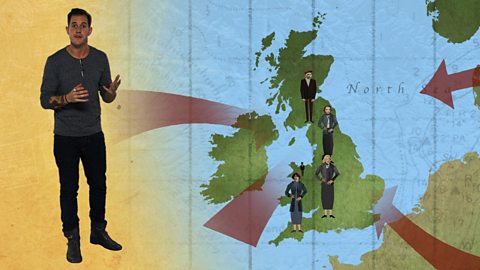
Motives for migration to and from Britain - economics and commerce
A range of factors drove migration to and from the British Isles. Britons left to seek fortune abroad and others chose Britain for employment and to escape persecution.
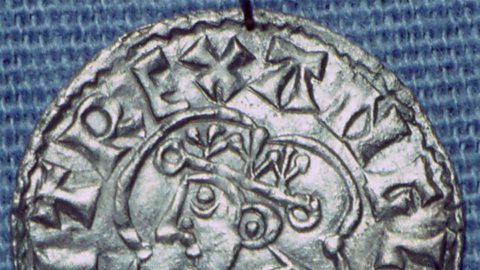
Motives for migration to and from Britain - religion and ideas
Christianity formed the basis of English identity for centuries; it motivated people to both come to and leave Britain.
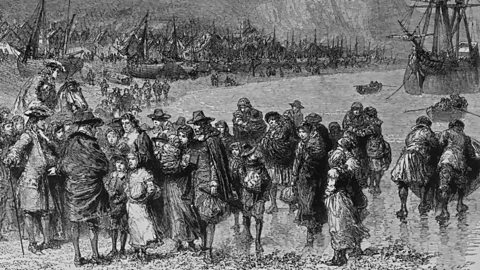
Motives for migration to and from Britain - war and government
The Vikings and the Normans established themselves in England through conquest. Between 1600 and 1900 successful wars gave Britain control over new lands, which became a magnet to British migrants.
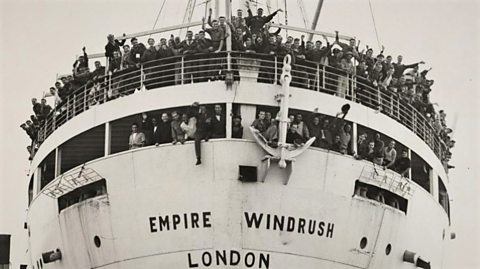
Motives for migration to and from Britain - geographical summary
Migration is a complex process. Many factors, including Britain鈥檚 growing business empire, contributed towards this process. Technology and culture were strong factors in the 20th century.
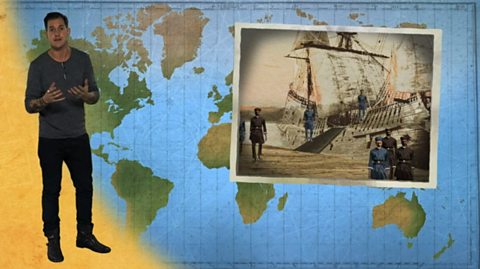
Migration's effect on Britain - economics and commerce
Migration shaped England and later Britain. Danes, Huguenots, Irish and Eastern Europeans migrated to and settled in Britain in the hope of trade and work.
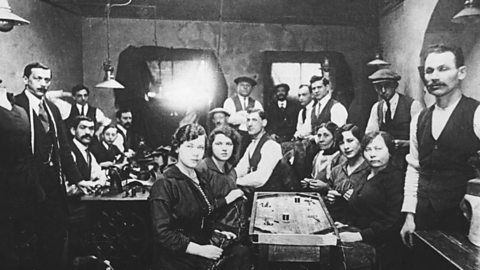
Migration's effect on Britain - religion and ideas
Immigrants brought new ideas and viewpoints to Britain that were often incorporated into British life. Immigrants made efforts to fit into British society but British sometimes opposed new ideas.
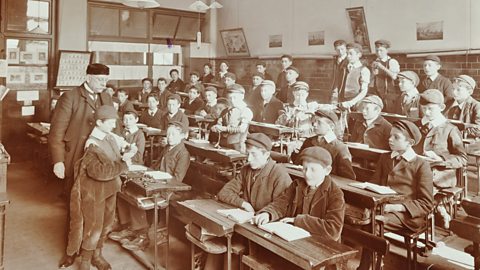
Migration's effect on Britain - government
Britain has long used legislation to control immigration and to outlaw racial discrimination. From English kings coping with Danish migrants to the laws passed in parliament in the late 20th century.
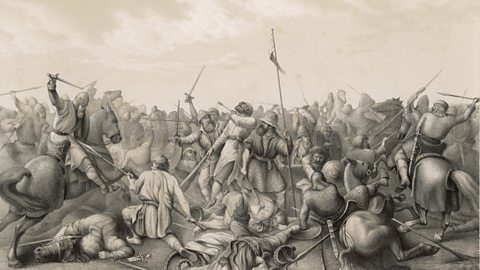
How Britain gained an empire - economics and commerce
Britain's trade with other countries often led to it taking control of foreign territories so that trade and economic activity could prosper.
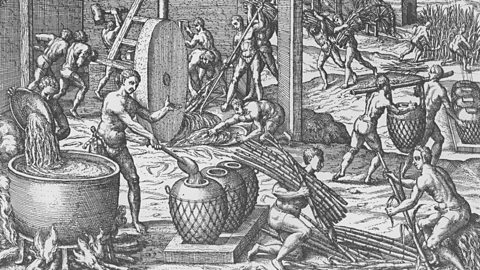
How Britain gained an empire - religion and ideas
Protestant Christianity and the ideas of English liberty secured in 1688 contributed to Britain鈥檚 global power by 1760. Britain continued to develop ideas of her superiority into the 19th century.
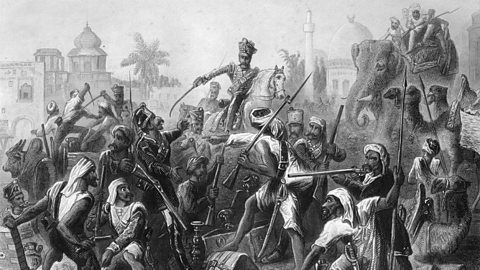
How Britain gained an empire - war
Wars often resulted in the expansion of the British Empire. Fighting at sea has always been critical for defending the British Isles as well as protecting trade.
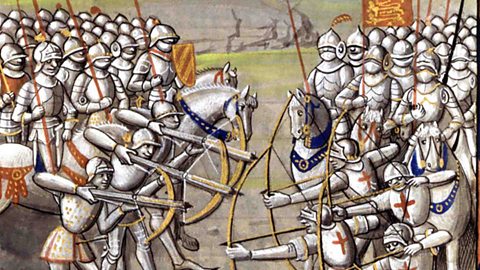
How Britain gained an empire - government
Medieval kings dragged England into France, and Tudor and Stuart monarchs encouraged ventures into new worlds. By the 19th century Parliament took responsibility for the growth and control of Empire.
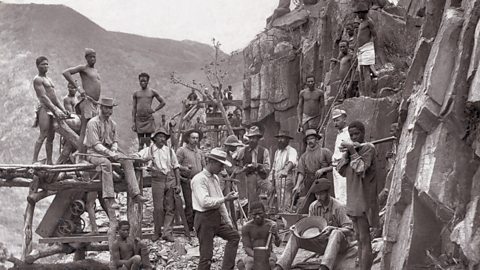
How Britain gained an empire - geographical summary
Competition with Spain and France for land and trade gave Britain the motivation to build an enormous navy that seized new lands and protected Britain鈥檚 global business interests.
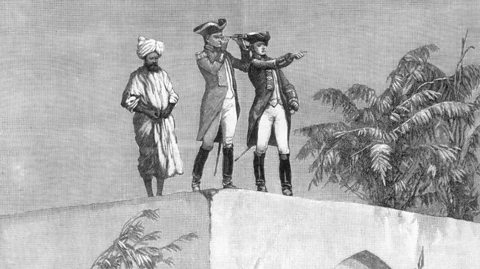
How Britain lost an empire - ideas, race and culture
In the 20th century the world became less convinced that the powers of Europe were destined to rule the world through imperialism. Nationalism in Asia and Africa undermined and toppled British rule.
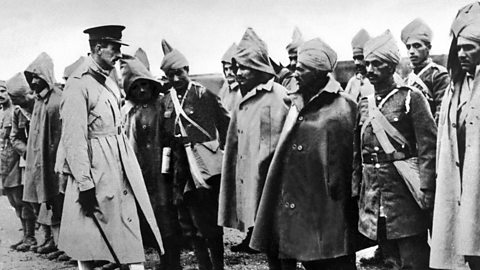
How Britain lost an empire - war and government
The British Empire increased the wealth and prestige of Britain from 1600. When the colonies became a drain on British resources, Britain grew weary of the struggle to maintain empire and withdrew.
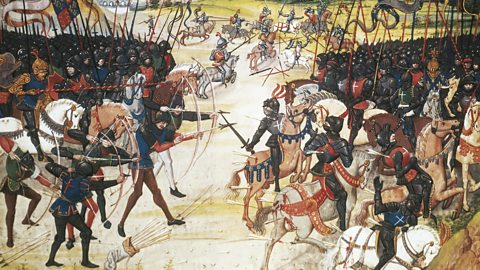
How Britain lost an empire - geographical summary
World War Two and the growth of Indian and African nationalism led to the decline and dissolution of the British Empire.
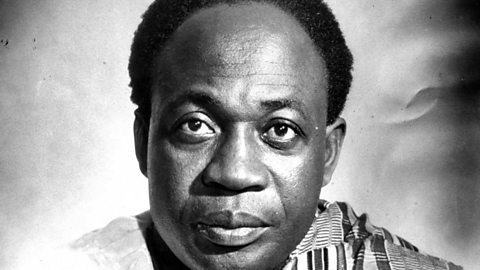
Britain: Migration, empires and the people - exam preparation
In your History GCSE, it is important that you not only have good subject knowledge, but have the skills to apply this knowledge to exam questions.
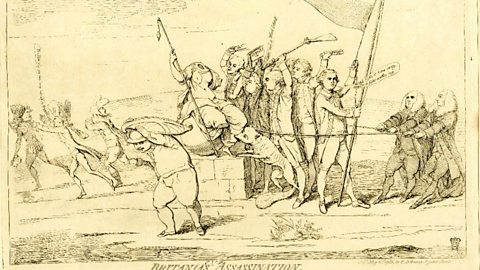
Links
- External linkExternal link
- External linkExternal link
- External linkExternal link
- SubscriptionSubscription
- External linkExternal link